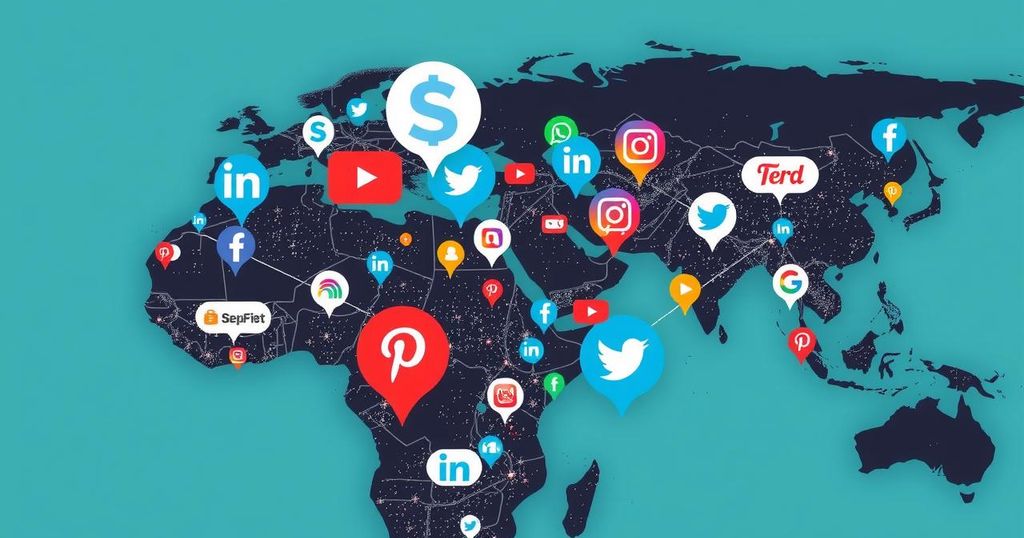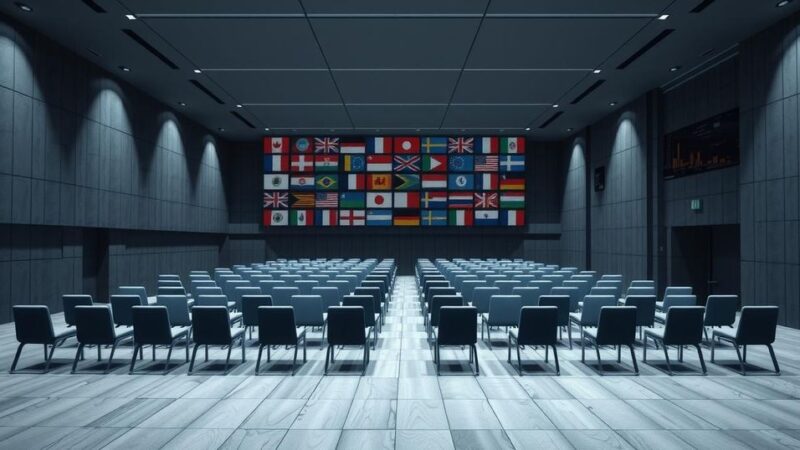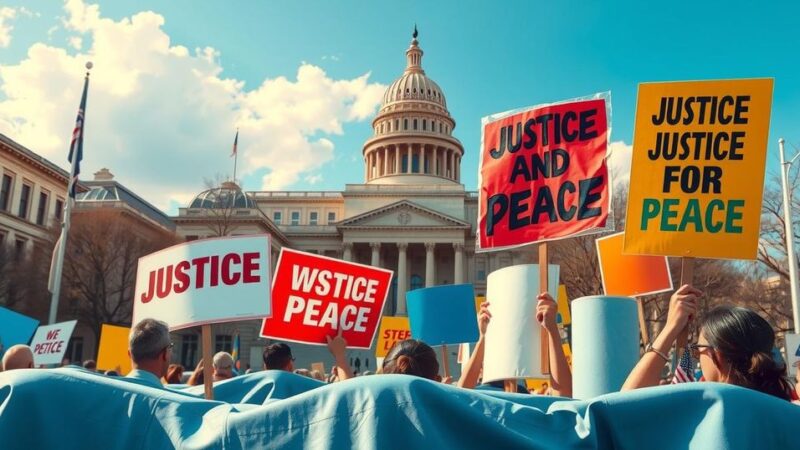Social media has exacerbated political confusion in South Sudan, undermining peace efforts. A recent incident involving Minister Martin Lomuro and Radio Tamazuj demonstrates the potential damage of misinformation on peace negotiations. Past conflicts reveal the consequences of false narratives, indicating urgent need for responsible social media usage among South Sudanese to ensure stability and progress towards peace.
Social media has increasingly contributed to the political confusion prevalent in South Sudan, exacerbating the challenges associated with achieving peace. It is imperative for South Sudanese, regardless of their political affiliations, to refrain from disseminating misleading information via social media as a means to foster an environment conducive to peace. The recent public exchange between Radio Tamazuj and the Minister of Cabinet Affairs, Martin Lomuro, serves as a clear example of this troubling trend regarding social media’s influence on the country’s unstable political landscape.
Following the commencement of the Tumaini peace negotiations in Nairobi, unverified claims surfaced on social media, suggesting that the lead mediator had expelled Minister Lomuro from the talks due to his critical stance towards the peace initiatives involving groups that did not endorse the 2018 accord. Such rumors were sensitive enough to provoke a reaction from the minister, despite the mediators lacking the authority to remove any members from the government negotiating team. In a subsequent press conference, Martin Lomuro accused Radio Tamazuj and opposing factions of spreading these unfounded allegations regarding his purported removal from the negotiations. However, he notably refrained from affirming whether he had encountered such claims on Radio Tamazuj itself.
This situation underscores three crucial aspects: First, there exists a fractured relationship between independent media and government officials. Second, nefarious individuals exploit social media to obstruct peace efforts. Third, such dynamics threaten to diminish the relationship between media entities and political leaders in South Sudan. To some, this instance may be perceived as trivial; however, given the precarious political climate, I regard it as a serious concern requiring immediate attention. Those intent on undermining the peace process must be confronted, and their fabrications on social media must be discredited to mitigate further complications for the nation.
The detrimental history of social media proliferating misinformation in South Sudan is evident, with false narratives leading to extensive loss of life amid ongoing conflict. The collapse of the initial peace agreement in July 2016 exemplifies the perilous consequences of misinformation. During this turbulent time, conflicting accounts blurred the lines between truth and deception surrounding the violence that erupted in Juba, ultimately derailing the peace process. Disputed assertions regarding the conflict’s origin—ranging from a false Facebook post to a violent government checkpoint clash—illustrate the extent to which misinformation can incite chaos. The ramifications of these events highlight the urgency of curbing harmful social media usage, as the repercussions of renewed violence would be catastrophic for innocent civilians caught in the crossfire of political strife.
The ongoing discord between Radio Tamazuj and the Minister of Cabinet Affairs poses the risk of creating a hostile atmosphere for the current peace negotiations in Nairobi. Irrespective of the incidents surrounding this dispute, it is incumbent upon all participants to maintain focus on peacefully resolving their differences and prioritizing the cessation of hostilities, while disregarding the provocations proliferated by social media.
The author, Malith Kur Kur, is a community organizer and Ph.D. candidate at McGill School of Religious Studies, with a research focus on peacebuilding and social reconstruction in South Sudanese society. He can be reached at mkurawet@gmail.com.
Social media in South Sudan has become a double-edged sword, serving as a platform for both communication and misinformation. The circulation of false information has historically contributed to conflict and violence, particularly in politically sensitive contexts. The recent tensions surrounding peace negotiations underscore the pervasive issue of misinformation and highlight the intricate dynamics between political figures, media outlets, and public perception. Understanding this context is crucial for grasping the severity of the influence that social media wields in South Sudan’s political landscape.
The pervasive spread of misinformation via social media poses significant threats to the fragile peace process in South Sudan. The incident involving Radio Tamazuj and Minister Lomuro illustrates the necessity for responsible information sharing to foster a peaceful resolution to political disputes. To avert a recurrence of violence, it is vital for South Sudanese society to challenge the malign influences of misleading narratives and strive for transparent communication that prioritizes the collective peace and security of the nation.
Original Source: www.radiotamazuj.org






